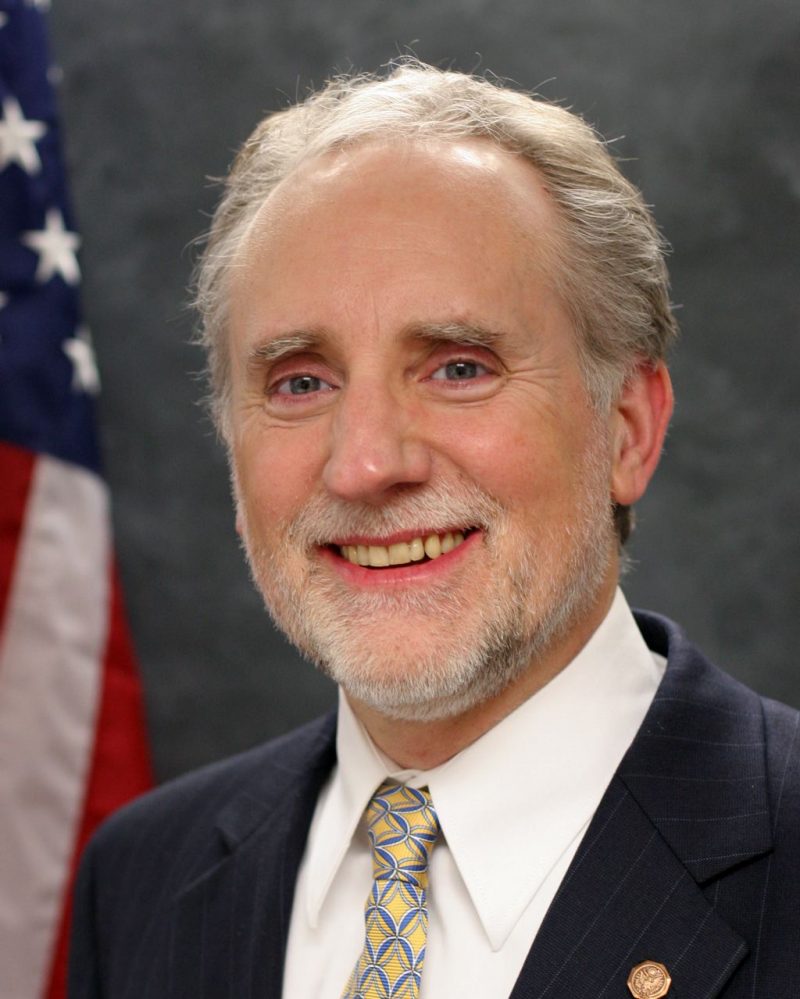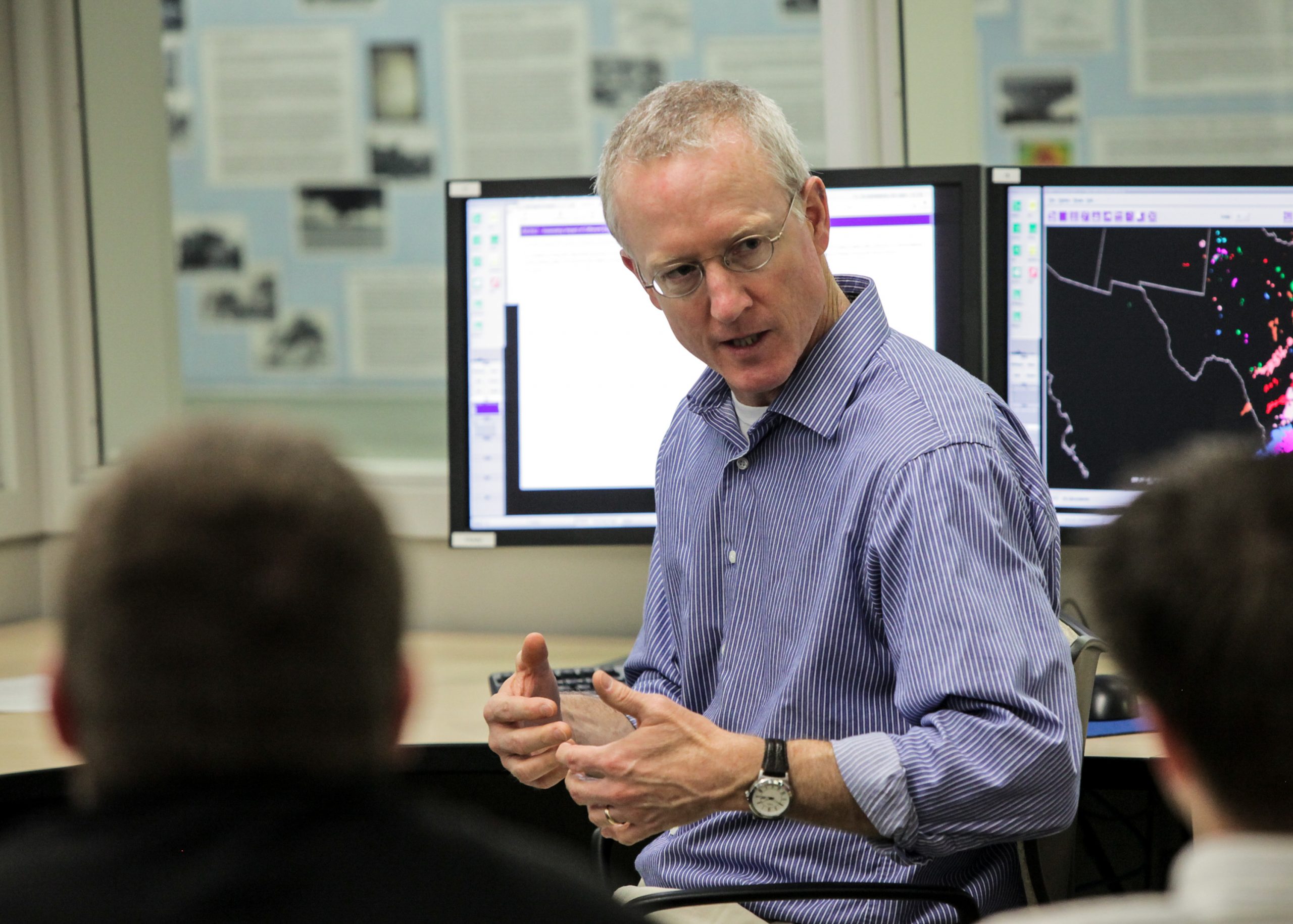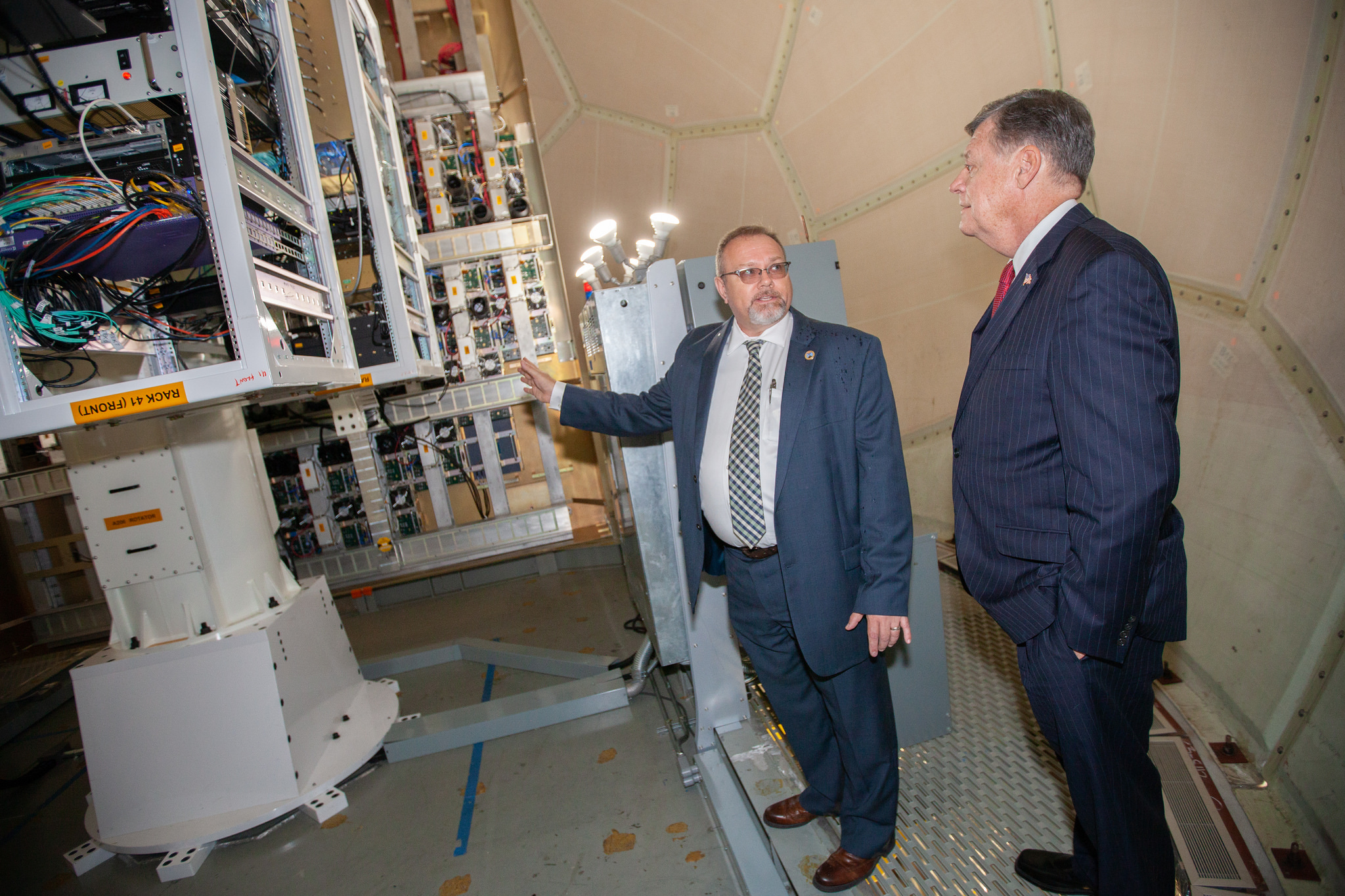
Steven Koch spent time in Norman, Okla., while he earned his doctorate in meteorology in 1979. He’ll return to Norman in late April as the new director of NOAA’s National Severe Storms Laboratory, the laboratory most involved with tornado research.
“Steve has the skills and the demonstrated ability to lead a research and development laboratory,” said Craig McLean, NOAA acting assistant administrator for research. “In this new position, he’ll build on a great foundation left by his predecessor to keep the laboratory in the forefront of severe storm research by working collaboratively with university and NOAA partners.”
Koch will leave his position as director of the Global Systems Division at NOAA’s Earth System Research Laboratory in Boulder, Colo., to fill the director spot vacated when Jeff Kimpel retired in 2010. Koch will lead a lab with 48 federal and 81 joint institute, post-doctoral and graduate student staff located in the heart of so-called Tornado Alley, the part of the U.S. that sees most of the nation’s tornado activity. The lab focuses on research in weather radar, severe storm forecasts and warnings, and hydrometeorology.
The lab is co-located with the University of Oklahoma, NOAA’s Storm Prediction Center, and the Norman office of the National Weather Service. This arrangement mixes research and operations to better serve the nation in time of severe weather events as well as to enhance our understanding of violent weather. In the past two years, the lab has co-led VORTEX2, a multi state multi-agency field study to understand how, when, and why tornados form.
Koch began his career at NOAA in 2000 as chief of the Forecast Research Division at the then-Forecast Systems Laboratory. The lab was one of six that were merged into the Earth System Research Laboratory in 2006. Koch went on to become the acting director of the Global Systems Division in 2006; the following year, he was named director.
Most of Koch’s work focused on leading the research and development of observing, prediction, computer and information systems to deliver products dealing with local to global predictions of weather and air quality events as well as longer-term climate projections.
Before joining NOAA, Koch was an associate professor at North Carolina State University in Raleigh where he developed new courses in a variety of meteorological subjects. He also was a meteorologist at the NASA Goddard Space Flight Center in Greenbelt, Md., where he conducted research into new ways to use satellite imagery to understand large atmospheric processes and dynamics.
In addition to his doctorate from the University of Oklahoma, Koch earned his master’s and bachelor’s degrees in meteorology from the University of Wisconsin, Madison, Wis. in 1974 and 1972 respectively.



